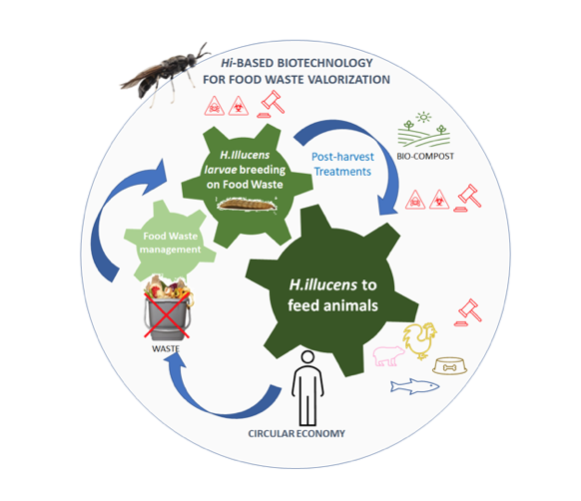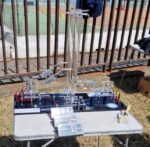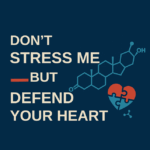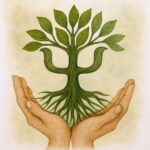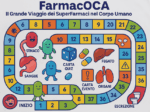New nutritional sources for a growing population and eco-sustainable valorisation of organic waste intended for landfills: two major challenges for research and only one hero, the soldier fly Hermetia illucens. Its larvae can grow on any organic matter, including food waste with a 70% reduction of substrate, and are characterized by valuable nutritional profiles encouraging research for their use as animal feed as well as for biodiesel and pharmacological active molecules productions within a circular economy and sustainable consumption of resources (SDG 12). But that’s not all, the residue from the bioconversion process is an excellent biocompost for agriculture.
Calendar
September 2025
Sep 05 - 06 2025
Science Speaks: A Summer School for Science Communication
València
Sep 26 2025
Bringing viewers closer to the biodiversity found in the ocean depths, using laboratory material, QR codes and surveys
Università degli Studi di Messina
Sep 26 2025
Energy from the Sun… with an Artificial Leaf! How chemistry helps turn CO₂ and water into clean fuels by imitating nature
Università degli Studi di Messina
Sep 26 2025
Heart under pressure: taking on stress!
Università degli Studi di Messina
Sep 26 2025
Minors’ Access to the Internet and Electronic Communications Services
Università degli Studi di Messina
Sep 26 2025
Well-being in contexts: Psychologists for health
Università degli Studi di Messina
Sep 26 2025
PharmaGoose: the playful journey of medicines through the human body
Università degli Studi di Messina
Sep 26 2025
Better Alone… but Well Accompanied by the Sun!
Università degli Studi di Messina
Sep 26 2025
The Green Revolution of Plastic Materials
Università degli Studi di Messina
Sep 26 2025
Building the Tissues of the Future: “In Search of the Missing Piece”
Università degli Studi di Messina
Sep 26 2025
Inside the Decision: A Journey Through Perception
Università degli Studi di Messina
Sep 26 2025
The sea that unites
Università degli Studi di Messina
No event found!
Load More

